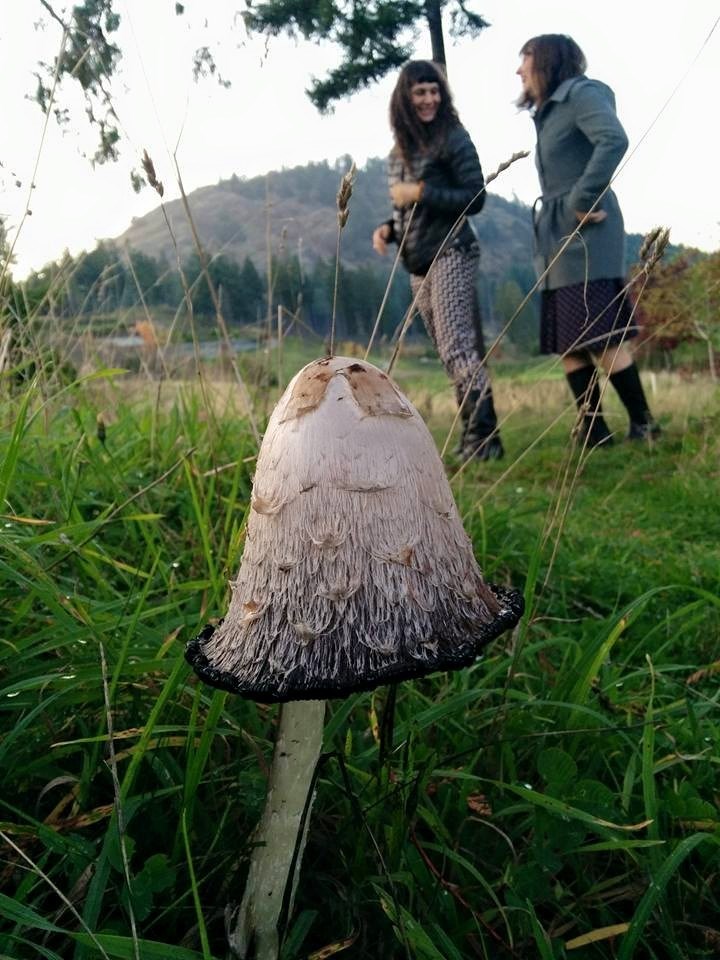Believe it or not, a new superhero has landed on planet earth – one who is saving lives, cleaning up our messes, and even neutralizing toxic waste. Well, truth be told, this hero arrived 1.3 billion years ago, but we are just beginning our introductions.
Fungus, the kingdom of the mushroom, has proven itself incredibly varied and adaptable in the face of all kinds of villains. Countless lives have been prolonged because of its antibiotic properties harnessed by penicillin. Our forests owe their nourishment to the mycelium (mushroom’s root system) that breaks down nutrients to make them available for absorption. And in recent years, it is even being speculated that mycelium communicates messages to distant trees of a coming environmental threat so they can better protect against it.
In a world choking on plastic, researchers are exploring the ways that fungi can come to the rescue. Because plastic, by its very nature, resists breaking down, every piece of plastic you have ever touched still exists today in some form or another. This is particularly worrisome, when we see that the production of plastic is not slowing, and its forms are many – synthetic fibres clothe us, single-use plastics package our food, and plastic-laden electronics entertain us.
Fascinating research is revealing that fungus, a natural decomposer, may be the key to helping clean up the plastic debris polluting the planet. Fungi eat by excreting powerful enzymes that break down organic matter into simple sugars. They have already proven adaptable to turning even the most toxic of compounds, like DDT, dioxins, herbicides and synthetic dyes, into food sources.
The famed “mushroom-man” of TED Talks, Paul Stamets, conducted a study where oil-contaminated soil inoculated with oyster mushrooms reduced in toxicity from 10,000 to 20,000 parts per million (ppm) to a mere 200 ppm in 16 weeks.
Not only do mushrooms “eat” oil, but there have been positive results from a Yale study where polyester polyurethane – the type of plastic commonly used in textiles – was a food source a strand of fungi could survive on exclusively. This study is particularly exciting because the fungi were found to survive with or without oxygen. And when it comes to our plastic-stuffed landfills, where oxygen is squeezed out, this is a relevant detail.
In the natural world, when a tree dies, a series of nature’s decomposers come in waves to feast on the plant tissue. The same logic may apply to using different types of fungi in progressions to break down plastic completely, and turn it into fungi food. The research is promising.
Does all this abdicate our responsibility for reducing our mindless consumption of plastics? Of course not. But it does bring some light to the sometimes dim horizon for possible helpers on our cleanup journey. It also brings to mind the importance of preserving biodiversity so that we have time to garner the wisdom and capabilities of the many fungi we have yet to understand more fully.
Let’s Talk Trash is the qathet Regional District’s Waste Reduction Education program. Contact Let's Talk Trash at [email protected].



